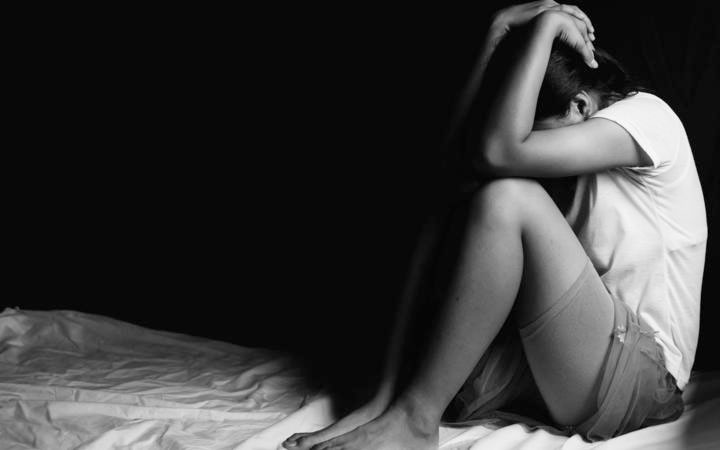Abuse in Care: Police prosecuted fewer than 1 in 10 referred cases
Police have prosecuted fewer than one in ten of the cases referred from the Royal Commission of Inquiry into Abuse in Care.
The sexual harm helpline can be accessed free, 24 hours a day, 7 days a week by phone, text, website, online chat and email.
ACC is spending nearly 45 million dollars on a bid to prevent sexual violence, including $11.7 million for kaupapa Māori approaches.

Over the next four years it aimed to tackle the underlying causes of sexual violence and to do work on changing attitudes and behaviours.
The agency would work on the problem alongside other government agencies, specialist services, providers, iwi and communities.
ACC minister Carmel Sepuloni said Aotearoa-New Zealand had unacceptable rates of sexual violence.
Almost a quarter of adults had experienced sexual violence, one of the highest rates for countries in the OECD.
And minister Sepuloni said about 16 percent of people are affected by sexual violence before they turn 18 years old.
“These high rates cannot continue, we need to put in place systems that protect our whānau and our future generations.”
Sexual violence was estimated to cost New Zealand more than $6.9 billion annually, she said.
“A primary prevention approach is the best option for making meaningful improvements to wellbeing and reducing the incidence and impact of harm – therefore reducing the cost cost to individuals and societies.
“Having more investment and much more considered programmes in the sexual violence space and the prevention area should help us achieve that objective, and that is certainly what we’re focused on”.
Minister for the prevention of family and sexual violence, Marama Davidson, said one of the first priorities would be promoting respect and consent in relationships.
The programme would also address “underlying drivers that lead to violence.”
“We do this by identifying the systemic causes that lead to sexual violence and changing individual and community attitudes and behaviours,” Davidson said.
“It will look at the whole community and address the social drivers that allow sexual violence to occur.
The work would be designed with a focus on the people most affected.
Previously there had been “gaps” in services for migrants, older people, Māori, Pasifika, the disabled and “rainbow” communities, Davidson said.
“Our system response needs to make sure that we are prioritising and working with those groups to lead what prevention work is going to look like in those communities.”
Associate minister for ACC, Willie Jackson, said the investment plan was a step in the right direction toward addressing statistics that showed Māori traditionally received less support through ACC.
“Māori are disproportionately impacted by sexual violence, and while many effects are common for all people, Māori experience sexual violence in culturally distinct ways.
“This requires solutions that are led by Māori, with Māori and for Māori.”
ACC and other government agencies were beginning to design the programme.
Davidson said the national strategy to eliminate family and sexual violence would be announced at the end of the year.